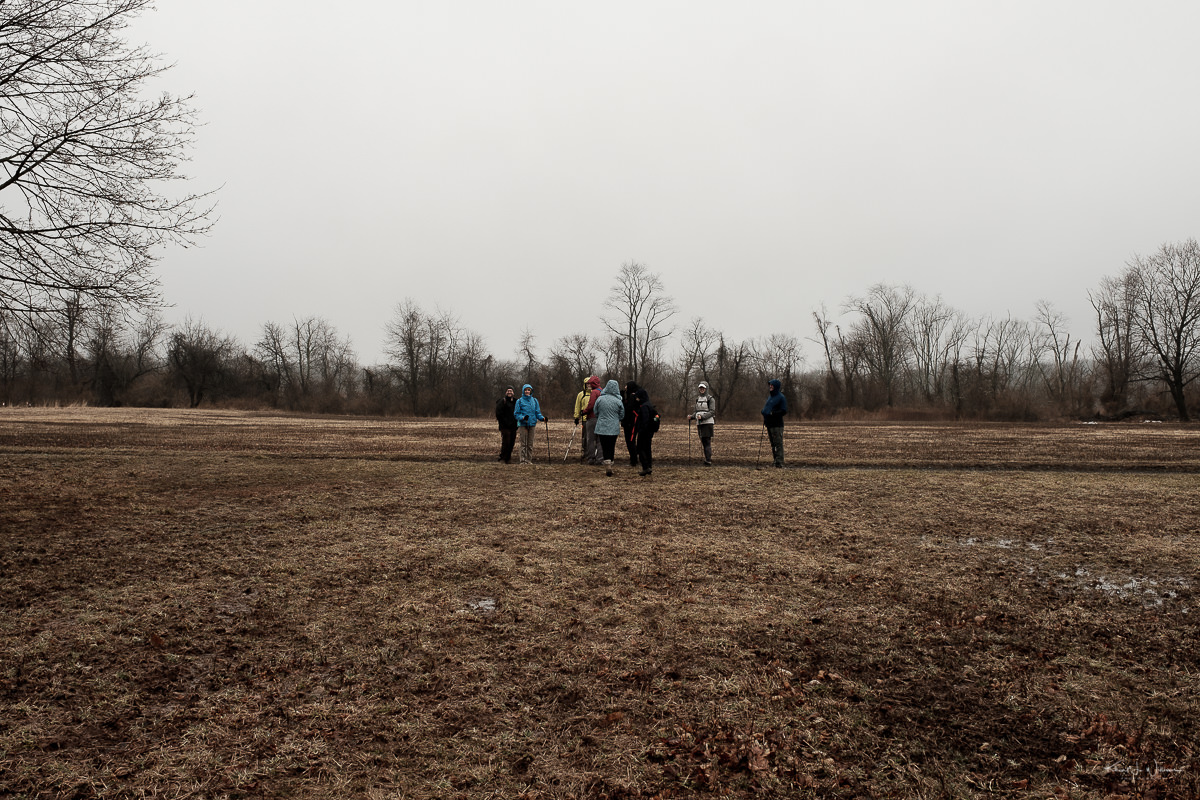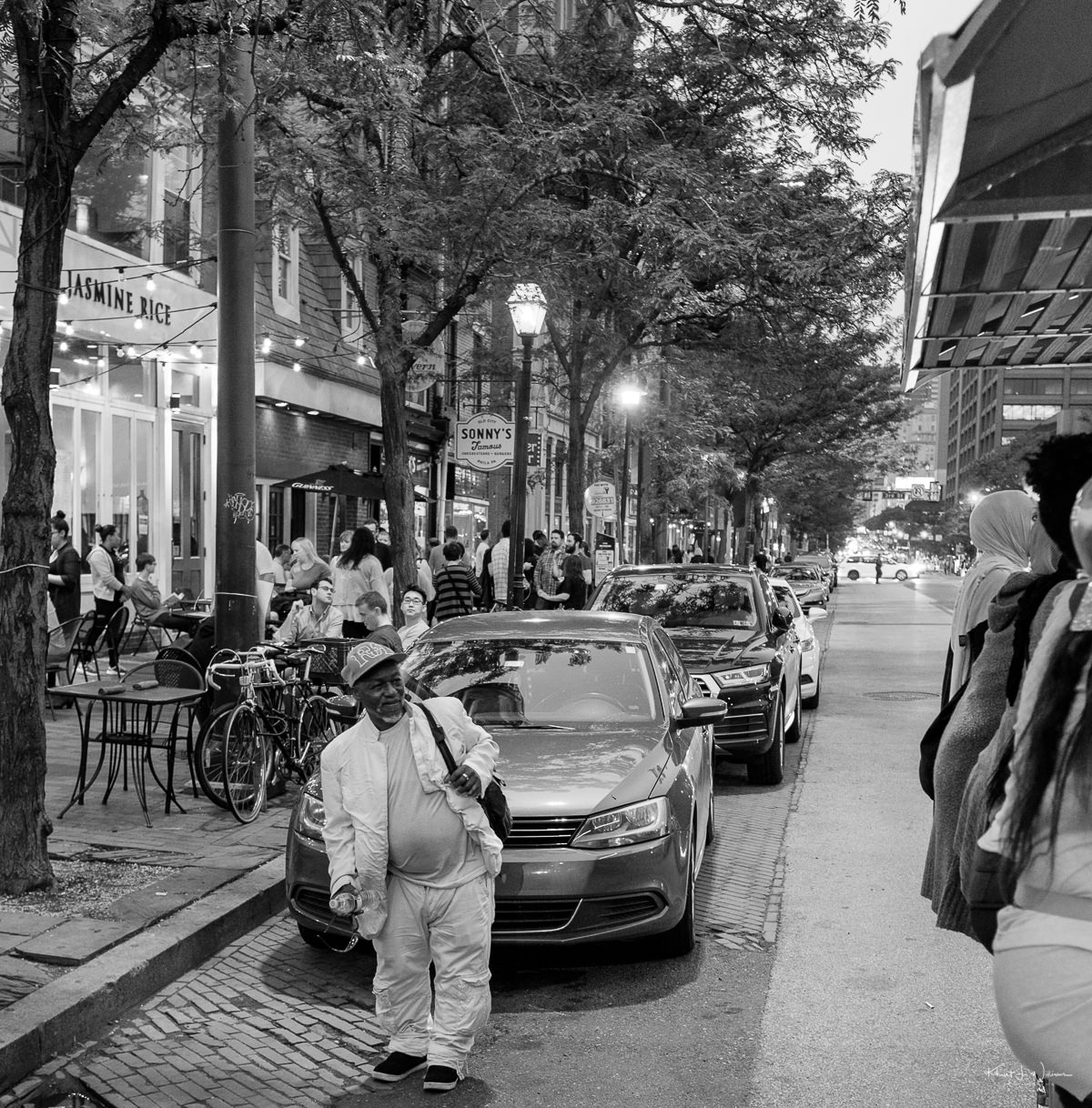As Shoshana Zuboff wrote in her book “The Age of Surveillance Capitalism,” when you are using Google, you are not Google’s customer. You are Google’s raw material. Google records everything you do; then it develops models that predict your behavior and then it sells those models to advertisers, which are its actual customers.
Thanks to this business model, some of the best minds in the world have spent tens of billions of dollars improving tools that predict personal consumption. This technology, too, has got to come in handy for any modern-day Stalin.
Third, thanks to big data, today’s Stalin would be able to build a massive Social Credit System to score and rank citizens, like the systems the Chinese are now using. Governments, banks and online dating sites gather data on, well, everybody. Do you pay your debts? How many hours do you spend playing video games? Do you jaywalk?
Back in Stalin’s day, social discipline was so drastic. You had to stage a show trial (so expensive!), send somebody to the gulag or organize a purge. Now your tyranny can be small, subtle and omnipresent. It’s like the broken windows theory of despotism. By punishing the small deviations, you prevent the big ones from ever happening.
Fourth, you don’t have to go through all the trouble of staging a revolution. You just seduce people into a Faustian bargain. You offer to distract them for eight hours a day with animal videos and relatable memes, and they surrender their privacy to you and give you access to their brains.
As online life expands, neighborhood life and social trust decline. As the social fabric decays, social isolation rises and online viciousness and swindling accumulate, you tell people that the state has to step in to restore trust. By a series of small ratcheted steps, you’ve been given permission to completely regulate their online life.
Tag: Smartphone
Point-and-Shoot Cameras are Dead
The article started strong (the virtues of Point-and-Shoot cameras) but then went sideways with a feature list that seems silly when compared to a smartphone. With exception to sensor size, the smartphone checks ALL of the boxes in Take's feature list.
- The smartphone is compact, light, stylish (hundreds of cases and other items to add bling), and FUN.
- Current smartphone models have OIS/IBIS (but my Fuji X-T2 does not?).
- A lens cap is not needed on a smartphone.
- I read "large sensor (at least 1? but preferably APS-C) as "make the camera bulkier than a smartphone."
- The selfie was invented on the smartphone.
- The smartphone app market has no dearth of photography and mapping apps.
- The photography workflow starts and ends on the device taking the photo -- the smartphone.
Imagine being able to take a photograph on your p&s camera, process it with built-in LR, and then post it directly to Instagram, Facebook, Twitter via your smartphone?
For the vast majority of people, the smartphone is a Point-and-Shoot camera.. They are doing these things already. But since we are "crazy" with requirements for this new type of Point-and-Shoot camera, I will add a requirement of my own.
- The camera needs to be small enough to fit in the back pocket of my jeans.
... the XF10 is a great little p&s camera for an old school snap-shooter like myself,
The cheese has moved. It's no longer in the frame. I think the camera Take described above, and the traditional point-n-shoot camera has no chance of financial success.
Whoops, Wrong Camera
I'm normally very good at seeing both sides of issues, but I have to confess, I'm completely mystified that some people don't accept the idea that the camera you have with you can easily be the wrong camera. I don't get it. It seems so utterly self-evident to me. I'm not seeing the other side of the argument, this time.
I mean, I suppose you could say that I got something. But what's the use in that? So I have a souvenir of the picture I wanted but that I wasn't able to take? Something to take home as a reminder of my failure? I don't get that people don't get this.
I don’t normally give a hoot when someone says their smartphone camera takes great photos. Photography can be subjective and if the person is happy with the results, then I’m not one to suggest otherwise. But I’ve had more than a few moments where some at a public event or outing asks me why I have my “big” camera? Why not use a smartphone.
It’s hard to explain to them that while the smartphones have improved that quite often they can’t capture the photo I want. They are really snap shot cameras. They capture the moment, but I know I could do better. So yeah, sometimes I walk around with a more capable camera.


